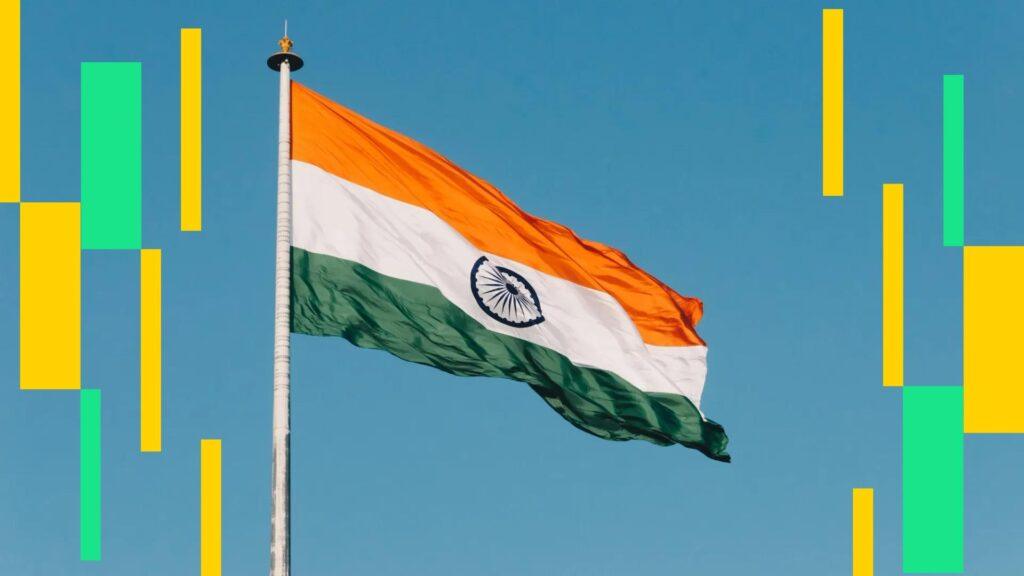The Madras High Court has recognized cryptocurrency as property that can be held in trust, granting relief to a WazirX user whose XRP funds were frozen following the exchange’s 2024 hack.
The decision could set a precedent for how Indian courts handle user claims against exchanges operating under foreign jurisdictions.
Judge N. Anand Venkatesh’s October 25 order ordered Zanmai Labs, WazirX’s Indian operator, to post a bank guarantee worth about 9.56 lakh (about $11,500), equivalent to the petitioner’s frozen 3,532 XRP, pending arbitration.
“The cryptocurrency was held by her in India using the WazirX platform,” the court said. “Cryptocurrency is a property … that can be enjoyed and possessed and that can be held in trust.”
The decision came after Rhutikumari, a longtime WazirX user, challenged the exchange’s right to redistribute its XRP holdings under a “socialized loss scheme” linked to its Singapore-based parent Zettai Pte Ltd’s restructuring.
WazirX, once India’s largest crypto exchange, halted withdrawals in July 2024 following a $230 million hack targeting wallets managed by Singapore custodian bank Liminal. The company then pursued a court-supervised restructuring in Singapore, where users would receive “recovery tokens” and partial refunds when operations resumed.
This plan – approved by the Singapore High Court earlier this month – has since become the cornerstone of WazirX’s relaunch. But the Madras judgment signals that Indian users can still seek domestic legal protection even when the company’s legal seat is abroad.
For thousands of Indian users still waiting for their tokens from the 2024 WazirX hack, the Madras decision marks the first tangible victory.
It doesn’t force WazirX to return money yet, but it recognizes a principle that could define future cases: That crypto belongs to the user, not the exchange.



